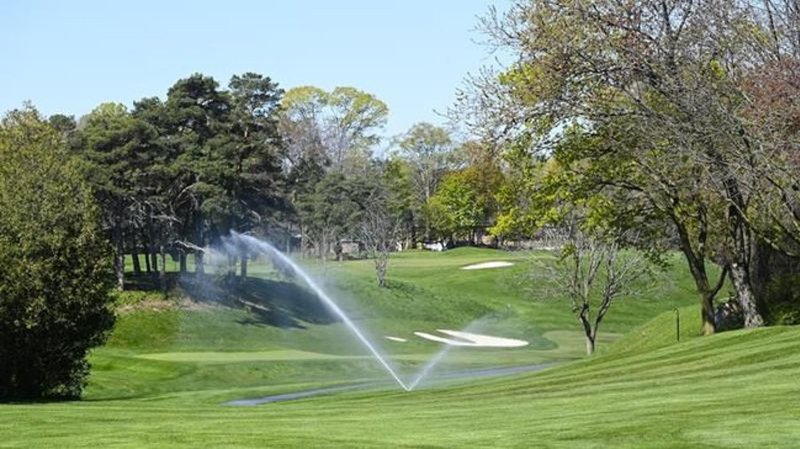
Climate Changed: Canadian golf courses working to reduce ecological impact
Golf’s origins date back hundreds of years to rural Scotland where the natural features of the land near Edinburgh created the hazards that golfers had to play around and sheep kept the grass well manicured.
But the game has spread around the world in the ensuing centuries with different environments forcing the technology used to maintain golf courses to evolve well past sheep. Golf courses have become divisive with some environmentalists criticizing their use of pesticides and fresh water, but their defenders argue that they can be oases that give cities and suburbs important green space.
Dr. Sara Stricker of the University of Guelph’s Turfgrass Institute wants to bridge that gap between golf course critics and their supporters.
“Golf courses, specifically in very urbanized areas, they’re the last vestiges of our natural areas and I think it’s important to protect them,” said Stricker. “Superintendents are not evil people. They’re people with kids and families and dogs.
